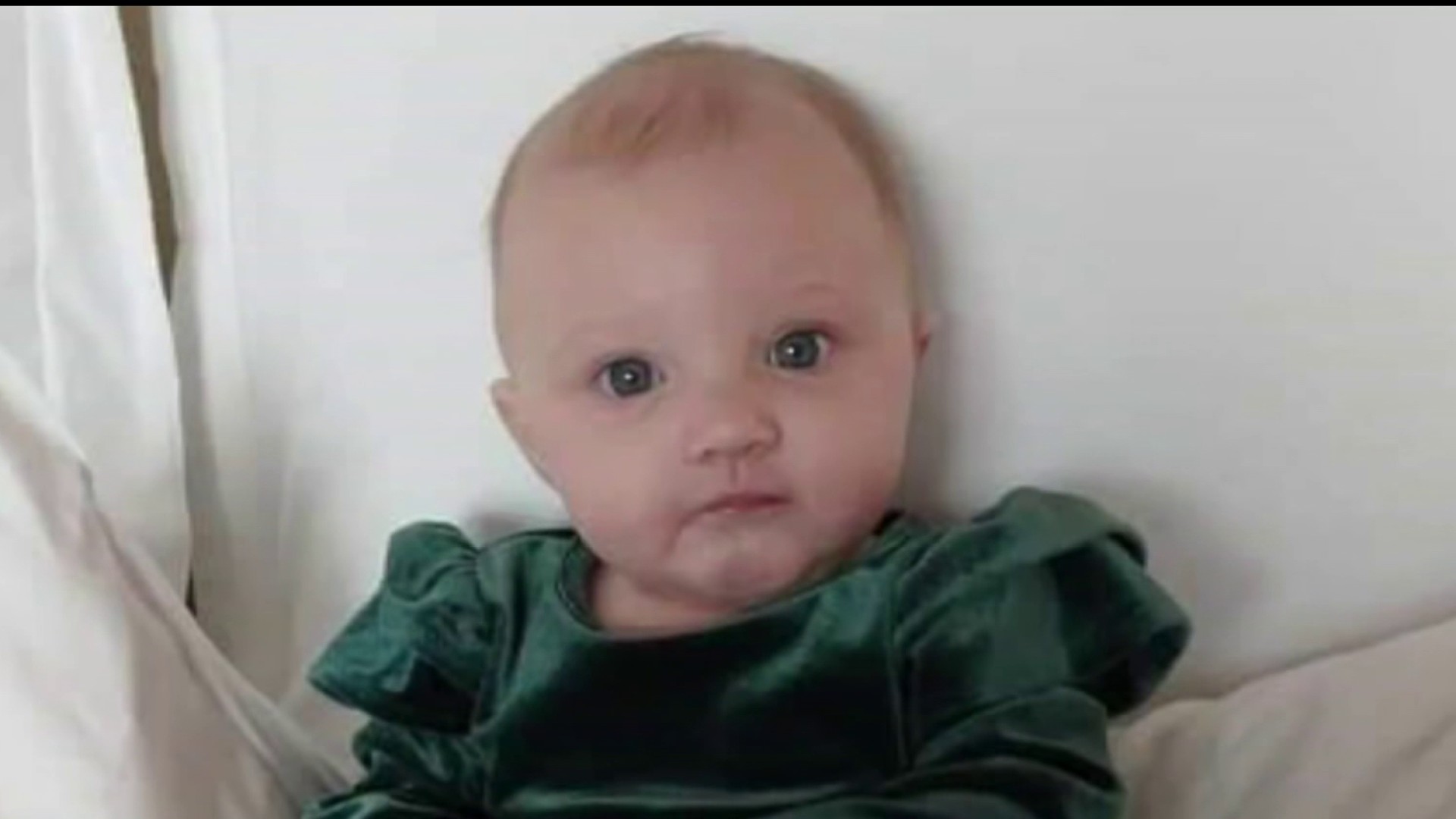The neurological impact of "long-haul" COVID-19 is significant, even six months after infection, according to the first round of research published Wednesday by UC San Diego scientists.
The results, published in Wednesday's Annals of Clinical and Translational Neurology, found various short- and long-term symptoms and, while many patients showed improvement, the majority still had some neurological symptoms half a year later. Additionally, a subset of people also exhibited significant coordination and cognitive issues, which had not been previously described.
"It's encouraging that most people were showing some improvement at six months, but that wasn't the case for everyone," said senior author Dr. Jennifer Graves, associate professor at UCSD School of Medicine and neurologist at UCSD Health.
Get San Diego local news, weather forecasts, sports and lifestyle stories to your inbox. Sign up for NBC San Diego newsletters.
Following mild-to-moderate SARS-CoV-2 infections, 56 people with neurological symptoms were recruited to the study between October 2020 and October 2021. They completed a neurological exam, cognitive assessment, self-reported questionnaires and an optional brain scan. Baseline measurements were taken a few months after their initial infection and repeated three and six months later.
At the time of the first visit, 89% of participants were experiencing fatigue and 80% reported headaches. According to the research, other common neurological symptoms included memory impairment, insomnia and decreased concentration. A full 80% said these symptoms impacted their quality of life.
When participants returned for their six-month follow-up, only one-third reported complete resolution of symptoms. The other two-thirds reported persistent neurological symptoms, though most had diminished in severity. The most prevalent symptoms at six months were memory impairment and decreased concentration.
San Diego News
Get updates on what's happening in San Diego to your inbox. Sign up for our News Headlines newsletter.
The authors wrote that none of the individuals with persistent symptoms at six months had any history of pre-existing neurological conditions prior to their infections.
"Some of these participants are high-level professionals who we'd expect to score above average on cognitive assessments, but months after having COVID-19, they're still scoring abnormally," Graves said.
A surprising result was that 7% of participants displayed a previously unidentified set of symptoms that included cognitive deficits, tremor and difficulty balancing. The authors labeled the phenotype Post-Acute Sequelae of COVID-19 infection with Tremor, Ataxia and Cognitive deficit -- PASC-TAC for short.
"These are folks who had no neurological problems before COVID-19, and now they have an incoordination of their body and possible incoordination of their thoughts," Graves said. "We didn't expect to find this, so we want to get the word out in case other physicians see this too."
Research is ongoing as to how much the SARS-CoV-2 virus directly invades the brain, but Graves said it is more likely that these delayed neurological symptoms are caused by the infection triggering an inflammatory autoimmune response in the brain.
The UCSD team plans to continue monitoring participants' symptoms annually for up to 10 years. Additional efforts will evaluate how different COVID-19 variants and vaccines affect long-term neurological symptoms.
"To have people's cognition and quality of life still impacted so long after infection is something we as a society need to be taking a serious look at," Graves said. "We still need to know how common this is, what biological processes are causing this, and what ongoing health care these people will need. This work is an important first step to getting there."



